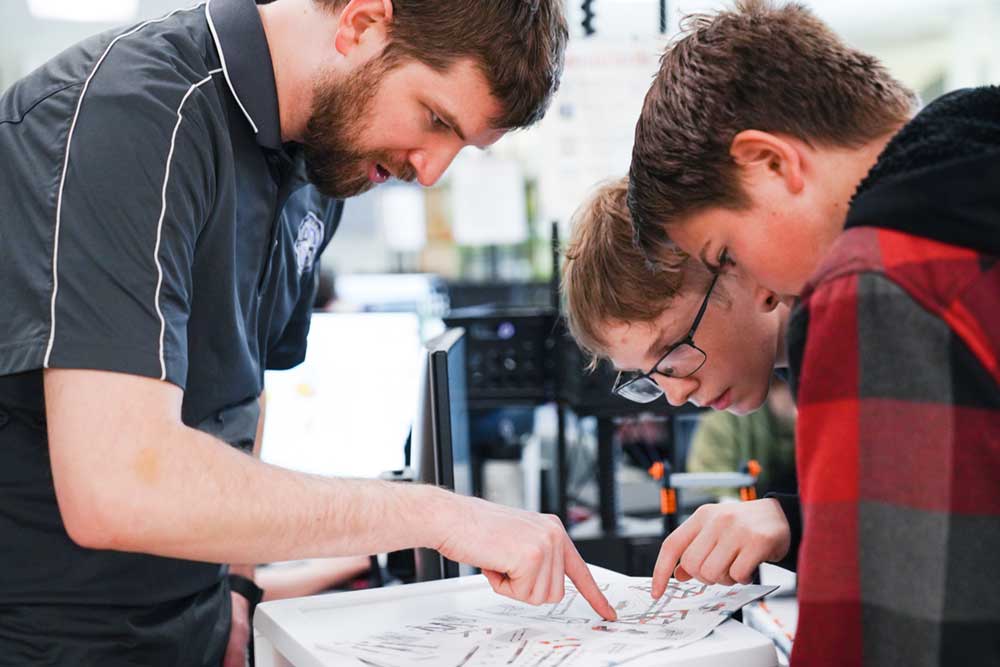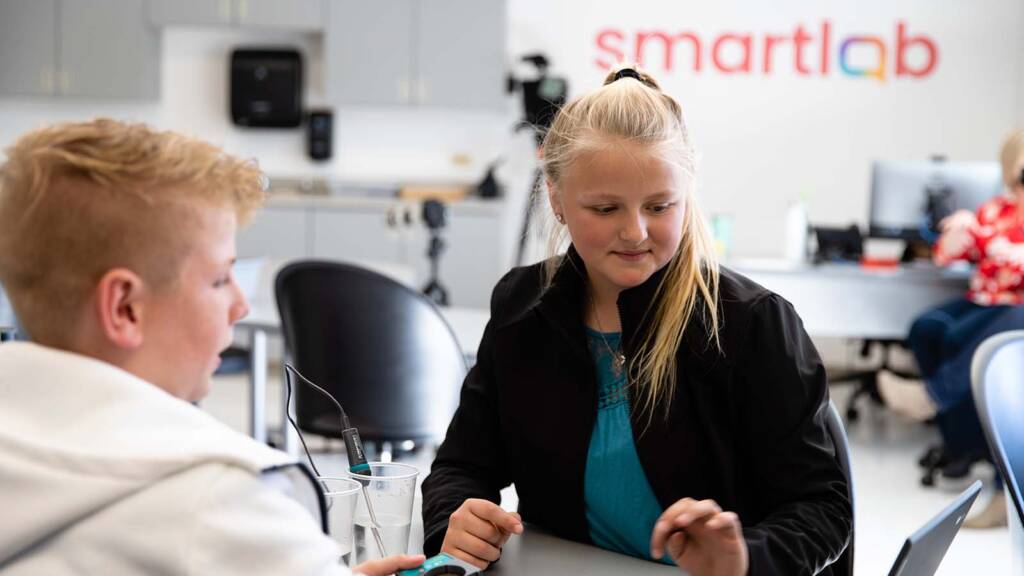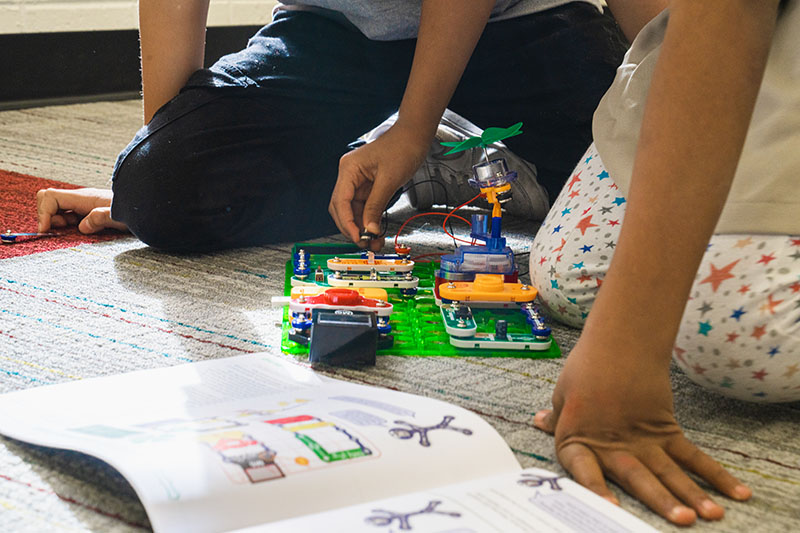Project-Based Learning & SEL – the Most Important Things You Can Teach Students | SmartLab Learning
Children go to school to learn more than their ABC’s and 123’s. Social-emotional skills are just as important as academics. What good are academic skills if students don’t know how to manage emotions or form relationships with others?
Schools across the country are prioritizing social-emotional learning as part of the educational experience in order to set up students for success.
What Is Social-Emotional Learning?
Social emotional learning, or SEL, plays a crucial role in helping students thrive in school and beyond. SEL encompasses a wide range of skills, including self-awareness, self-management, social awareness, relationship skills, and responsible decision-making. These skills are essential for academic success as they help students navigate the challenges of school and life. For example, SEL can help students manage their emotions, set goals, resolve conflicts, and make well thought out decisions.
In addition, SEL is closely linked to project based learning (PBL), a type of hands-on learning that has been shown to be incredibly effective. PBL engages students in real-world problems with students working in teams to come up with creative solutions.
SEL Through PBL
Project based learning provides an ideal environment for social emotional learning to take place. It gives students the opportunity to work collaboratively on real-world problems, and it emphasizes the importance of empathy, teamwork, and communication. As a result, project based learning can play a crucial role in helping students thrive in school and beyond.
By working on projects together, students are learning how to communicate and cooperate with others helping students develop a range of important social and emotional skills. In addition, PBL provides opportunities for students to problem-solve and think creatively while also learning how to manage their time and work within deadlines.
The project-based learning approach, like those offered by SmartLab Learning, effectively integrates academic learning with social-emotional learning. The PBL process provides schools with many opportunities to teach and support important non-academic skills.
SmartLab’s PBL is structured in a way that require students to work together to solve real-world problems. These problem-solving opportunities foster the development of:
- Communication
- Giving and receiving feedback
- Identifying and managing feelings
- Conflict resolution
- Social awareness
Why is SEL Through PBL Important?
A recent study found that schools implementing SEL curriculum led to increased achievement, improved behavior, and decreased levels of emotional stress. Effective SEL sets students up for a lifetime of academic and personal success.
PBL instruction provides students with ample opportunities to develop and practice SEL skills. SmartLab learning understands that rigorous academic content (PBL) and SEL instruction go hand in hand in supporting the whole child.
Perhaps most importantly, effective PBL fosters a sense of belonging and inclusivity. As students collaborate to complete projects, they quickly build friendships through SEL-focused mini-lessons and individualized teacher support. This sense of belongingness leads to increased engagement, self-efficacy, and improved peer relationships.
What does it look like?
SmartLab Learning ensures that all students have opportunities to use their strengths to make important contributions by allowing all learners, regardless of background, abilities, or learning style to learn and grow.
Our professional development encourages teachers to implement a variety of teaching practices that support the academic and emotional development of students.
Rooted in authentic problem-solving, SmartLab fosters students’ ability to struggle productively, make difficult decisions, and manage complex tasks. At the completion of these difficult tasks, students develop perseverance and self-confidence.
Our unique five-step process encourages students to reflect critically on themselves and their communities. This reflection element fosters the development of self-management skills and students’ ability to give and receive constructive feedback.
SEL: More Than A Fad
The National Commission on Social, Emotional, and Academic Development highly recommends that schools integrate SEL into their core academic content. Reading and math are important, but social and emotional learning influences how students learn.
SmartLab Learning provides schools with opportunities to positively impact students’ cognitive and emotional developments…and students cannot receive a complete education without both. Students benefit most from a curriculum that prioritizes social emotional learning in order to set students up for a lifetime of success.





